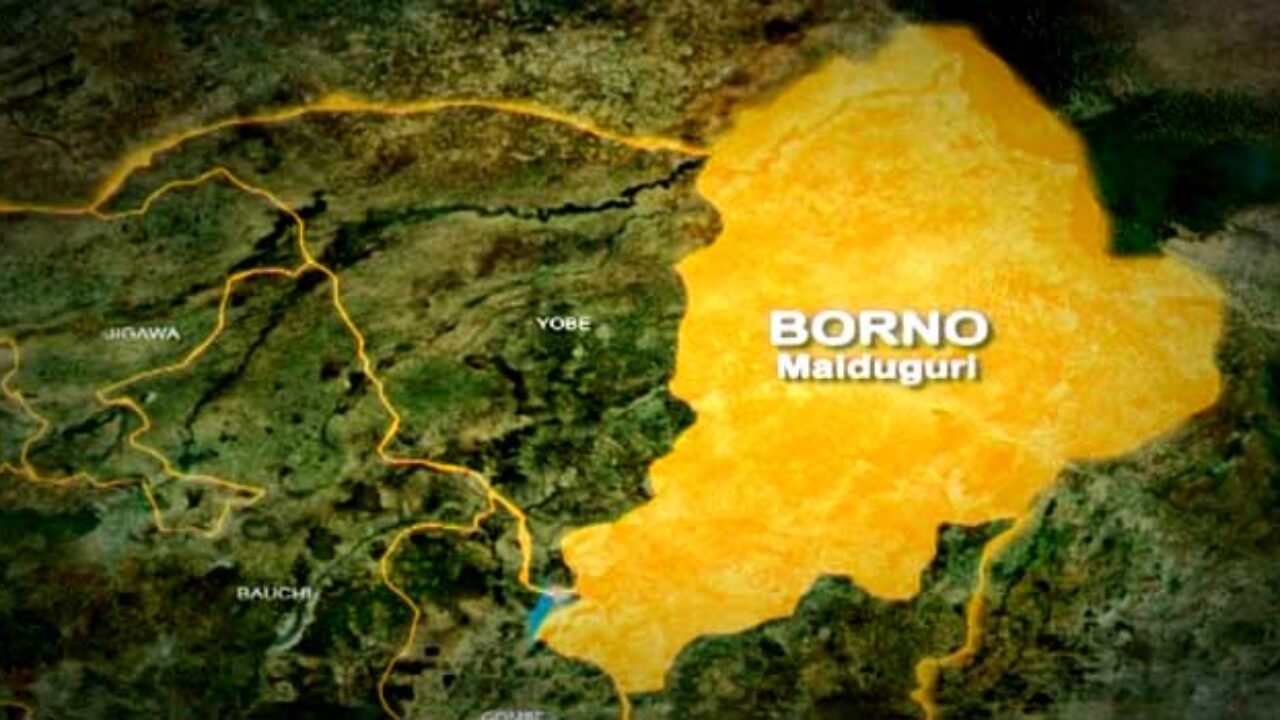Strengthening the Borno non-kinetic deradicalization model amid emerging risks by Digma Zubairu

BY DIGMA ZUBAIRU, NOVEMBER 19, 2025 | 08:54 AM
The Borno Model of non-kinetic deradicalization has earned global recognition for its humane and pragmatic approach to ending violent extremism. Many repentant Boko Haram members have shown genuine willingness to acquire skills, build livelihoods, and reintegrate peacefully into their communities. This progress demonstrates the model’s success in reducing hostility and promoting long-term stability.
However, new challenges are emerging. As Nigeria approaches a change in administration, many repentants fear that support to them may end. This uncertainty could push some individuals back to the bush, threatening the gains already achieved.
An additional concern is the growing trend of insurgents surrendering to Niger Republic, where they reportedly receive more attractive incentives, such as tricycles, compared to the limited financial support offered in Nigeria. This disparity may encourage opportunistic or insincere surrenders, raising risks of cross-border exploitation.
If Niger permits these individuals to form camps, it could result in criminal activities along the border, with insurgents using Niger as a safe retreat after committing crimes in Nigeria.
To safeguard progress, Nigeria must sustain the Borno Model across administrations, enhance economic opportunities for repentants, and strengthen cooperation with Niger to prevent cross-border security manipulation. Ensuring continuity and trust is essential to making peace irreversible.
Recommendations
- Institutionalize Reintegration Support
a) Ensure continuity of the Borno Model regardless of political transitions.
b) Secure multi-year funding and create a legal framework for the program.
- Strengthen Economic Empowerment
a) Scale up vocational tools, agricultural support, and income-generating projects.
b) Align empowerment incentives with regional standards to reduce cross-border exploitation.
- Enhance Nigeria–Niger Collaboration
a) Develop a joint verification mechanism for repentants.
b) Prevent the formation of camps that can serve as operational bases.
c) Establish coordinated border monitoring and intelligence sharing.
- Implement Comprehensive Monitoring
a) Differentiate genuinely repentant individuals from opportunistic ones.
b) Conduct routine community consultations to reinforce trust.
Conclusion
The Borno Model has proven effective, but its sustainability depends on deliberate government action. By ensuring program continuity, addressing economic gaps, and strengthening regional cooperation, Nigeria can consolidate peace and prevent a resurgence of violent extremism.
Appeal for support
Conflict Reporting is dangerous and risky. Our reporters constantly face life-threatening challenges, sometimes surviving ambushes, kidnap attempts and attacks by the whiskers as they travel and go into communities to get authentic and firsthand information. But we dare it every day, nonetheless, in order to keep you informed of the true situation of the victims, the trends in the conflicts and ultimately help in peace building processes. But these come at huge cost to us. We are therefore appealing to you to help our cause by donating to us through any of the following means. You can also donate working tools, which are even more primary to our work. We thank you sincerely as you help our cause.
Alternatively, you can also email us on
info@yen.ng or message us
via +234 803 931 7767


